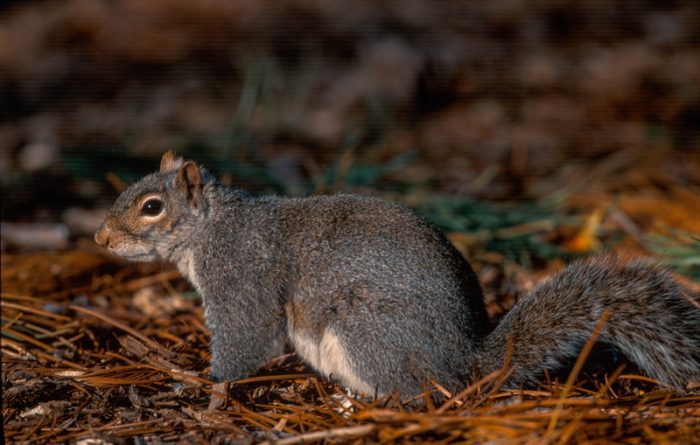One of the best ways to protect West Virginia’s abundant wildlife is keeping it wild. That means we all need to respect habitats, keep a safe distance from wildlife and resist the urge to feed wild animals. As you enjoy the outdoors and cross paths with wildlife, here are a few things regarding feeding wildlife that will help protect you and the animal.
Should I feed wildlife?
It is illegal to feed wildlife on any public lands including state parks and forests, wildlife management areas, national forests and national wildlife refuges, but it’s best to practice caution and leave wildlife alone wherever you’re at. Not only is it unsafe, but most wildlife need to eat certain foods and giving them something they don’t normally eat can harm them.
Here are a few reasons why you shouldn’t feed wildlife:
- It can expose you to diseases.
- It can put you at risk of injury (bites and scratches).
- It can cause wildlife to lose their fear of humans.
- It can attract wildlife to gather unnaturally around a food source.
- It can cause wildlife to become dependent on people for food.
- It can spread disease among wildlife animals.
You can also inadvertently feed wildlife by littering or leaving pet food outside. To prevent this, don’t throw food or trash out the window of your vehicle. Your trash on the side of the road attracts mice, which attracts owls and causes deadly collisions with passing vehicles. You should also bring dog or cat food bowls inside at night and never throw food scraps in your yard.
When is it OK to feed wildlife?
While there are many reasons not to feed wildlife, there are some instances where it is encouraged and enjoyable. One of the most common ways to feed wildlife is by planting native plants, shrubs and trees or setting up birdfeeders in your yard. This activity is safe and birds don’t become dependent on bird feed.
If you set up birdfeeders in your yard, remember to:
- Clean and disinfect birdfeeders and birdbaths frequently.
- Discard wet, moldy and sprouted bird food.
- Clean up discarded bird food around feeders to prevent attracting mice and other rodents.
- Watch for deer, bears and other nuisance wildlife. If your birdfeeders attract other wildlife, stop feeding birds for a few weeks and the troublemakers should go somewhere else.

